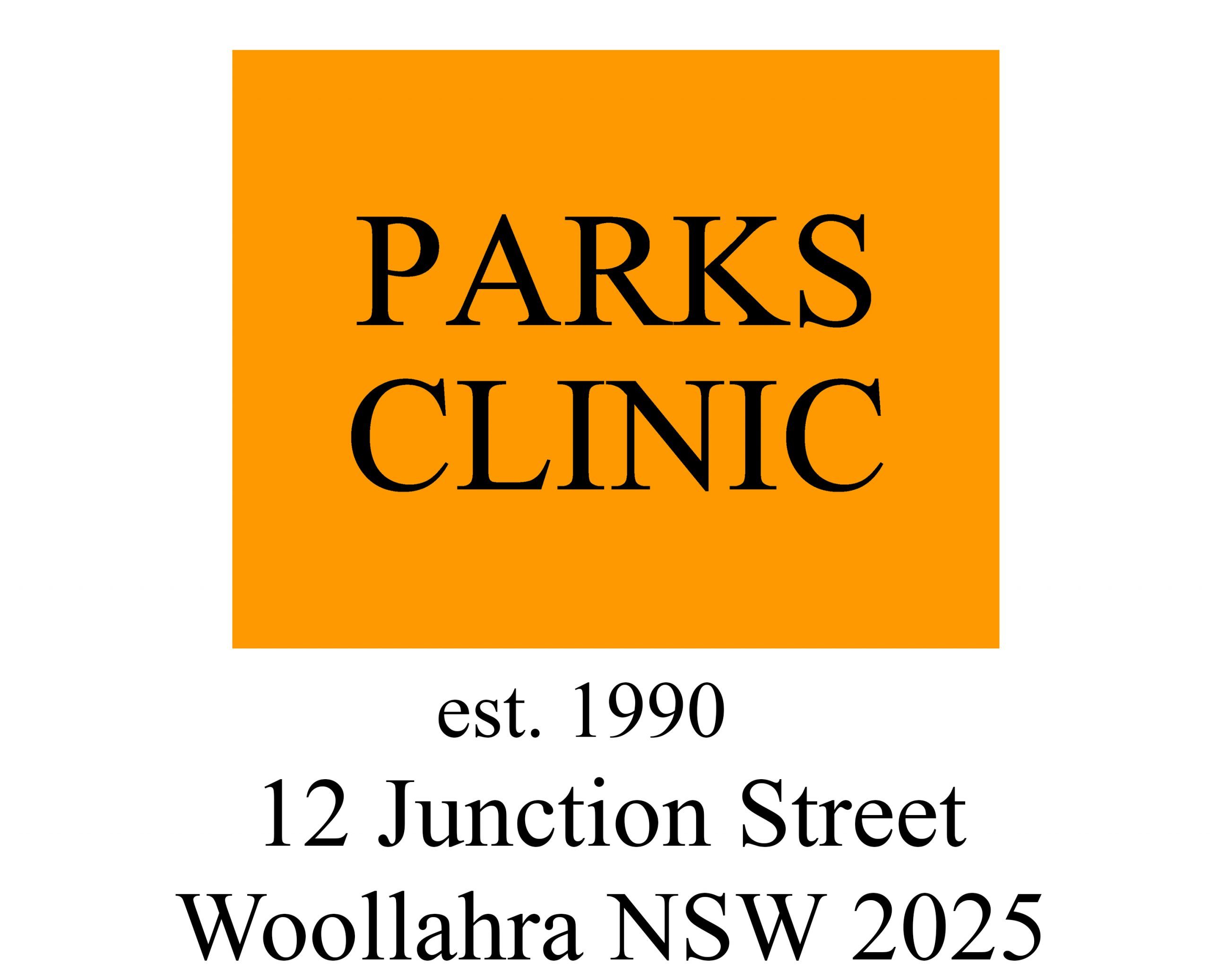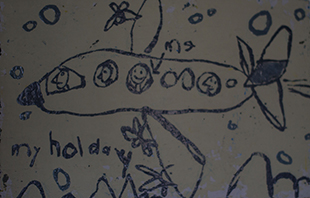I help children and adolescents face challenges doing everyday things. This includes staying focused and getting organised.
What sort of ‘everyday’ things?
Fine motor skills: using the hands and fingers to hold or control objects with dexterity when playing or doing manual tasks.
Gross motor skills: moving smoothly with control and without fatigue or clumsiness, at work, sport or games
Play skills and social interactions: learning about our world, engaging with others, and forming relationships.
Visual processing and visual-motor integration: making sense of visual information, and using it to draw, write or perform motor activities
Working memory: staying focused and remembering information while performing multi-step tasks
Executive Function: setting goals, organising, planning and prioritising what we do, staying on task and monitoring our behaviour and regulating emotions
What do these ‘challenges’ look like to the outside observer?
The preschool child who is
- Swapping hands when drawing and cutting, not showing hand dominance
- Avoiding drawing
- Wandering around, not initiating play or games with other children
- Tripping and falling over
- Having difficulty doing up buttons and fasteners.
- Avoiding new activities or situations
The student in the early years of school (K-2) who is
- Not using cutlery during meals
- Uncomfortable when using a pencil, even for short periods
- Struggling to dress independently
- Struggling with scissors
- Struggling with copying shapes and letters
- Struggling to complete work in allocated time
- Struggling to play card games, do puzzles, or join in during games
The student in middle and upper primary who is
- Unable to maintain legible formation of letters and numbers over extended periods
- Forming poorly spaced letters and words, or showing difficulty writing on the line
- Struggling to complete multi-step tasks and stay on task
The high school student who is struggling to
- Set goals
- Organise, plan and prioritise their work and leisure activities
- Stay on task
- Take legible class notes
- Complete assessment tasks and exams in the time allocated, with legible results
What can you expect of a treatment program with me?
Therapy is usually in the form of individual weekly sessions which work towards the specific goals set following the assessment. The therapy is designed to be enjoyable, and may look like play especially with younger children.
With the older child or high school student, it is essential they are involved in setting their goals and formulating plans for reaching their goals.
Where appropriate, I will liaise with teachers and other professionals working with the student.
Therapy sessions can be delivered at the clinic, school or by Zoom.

